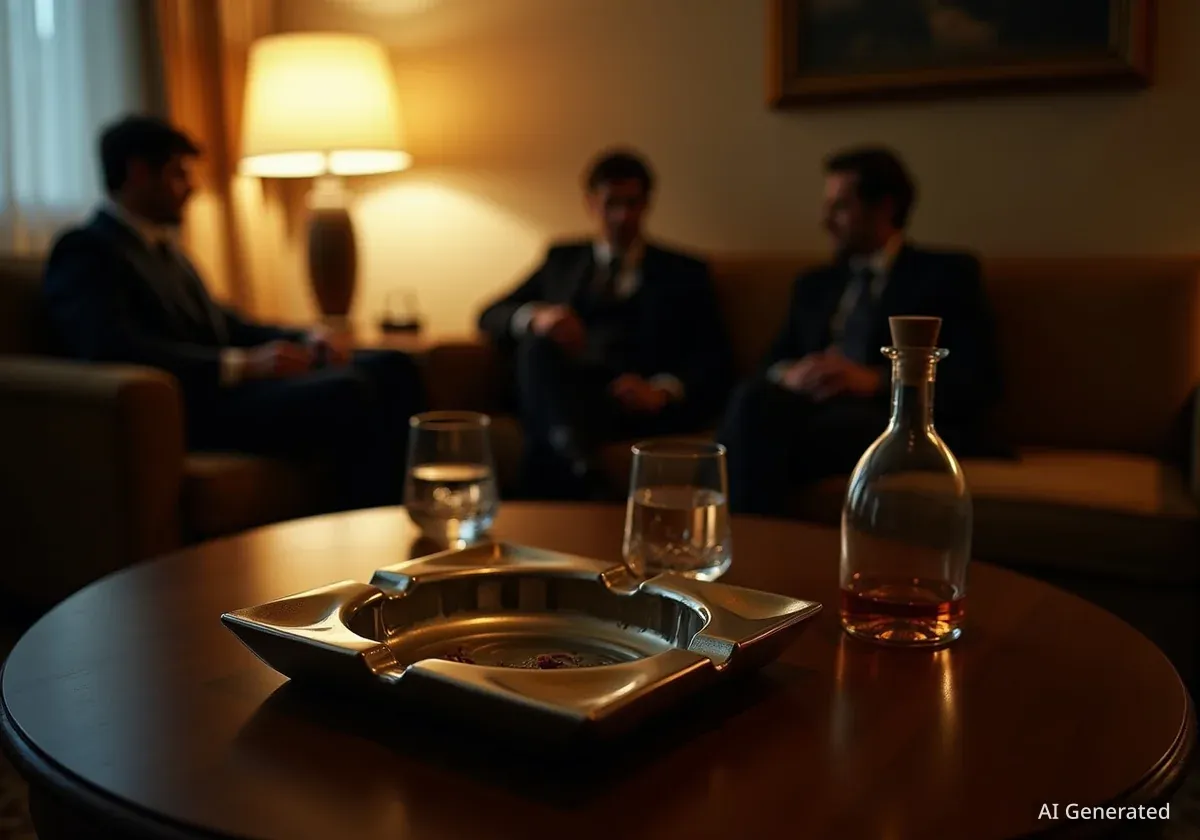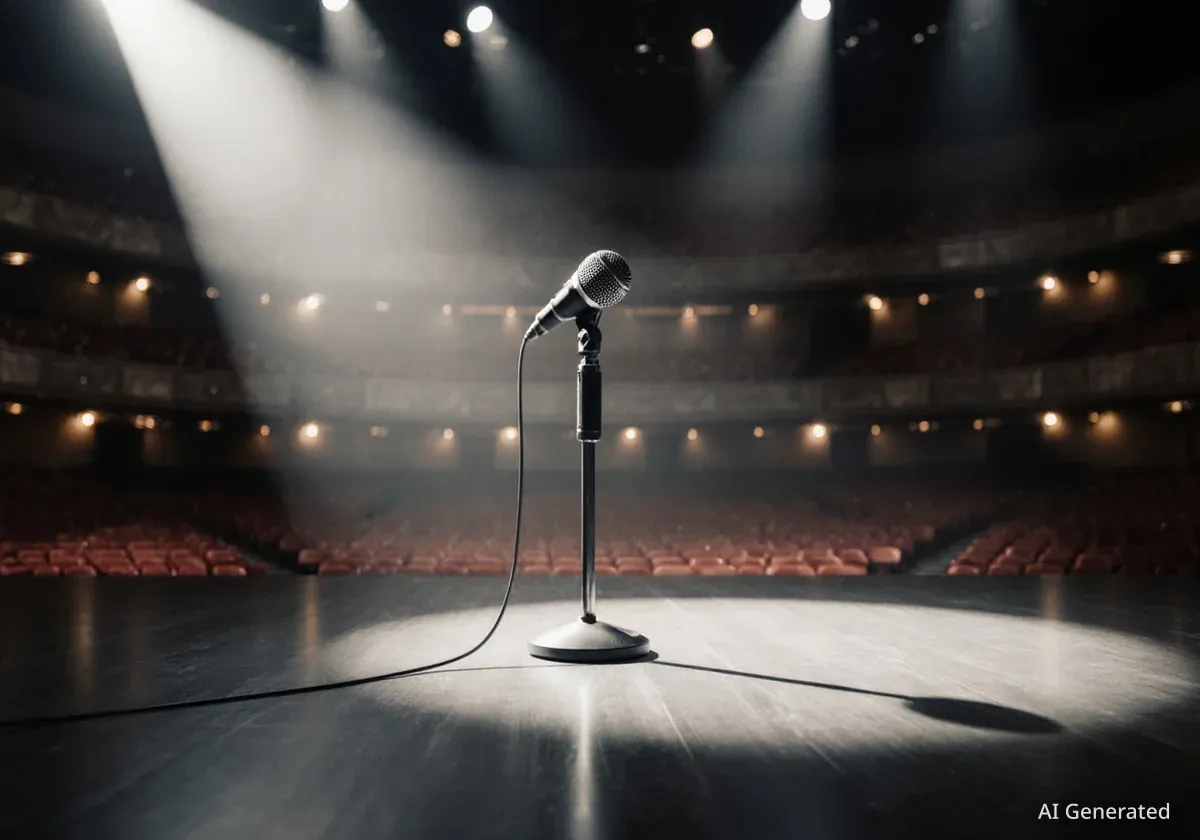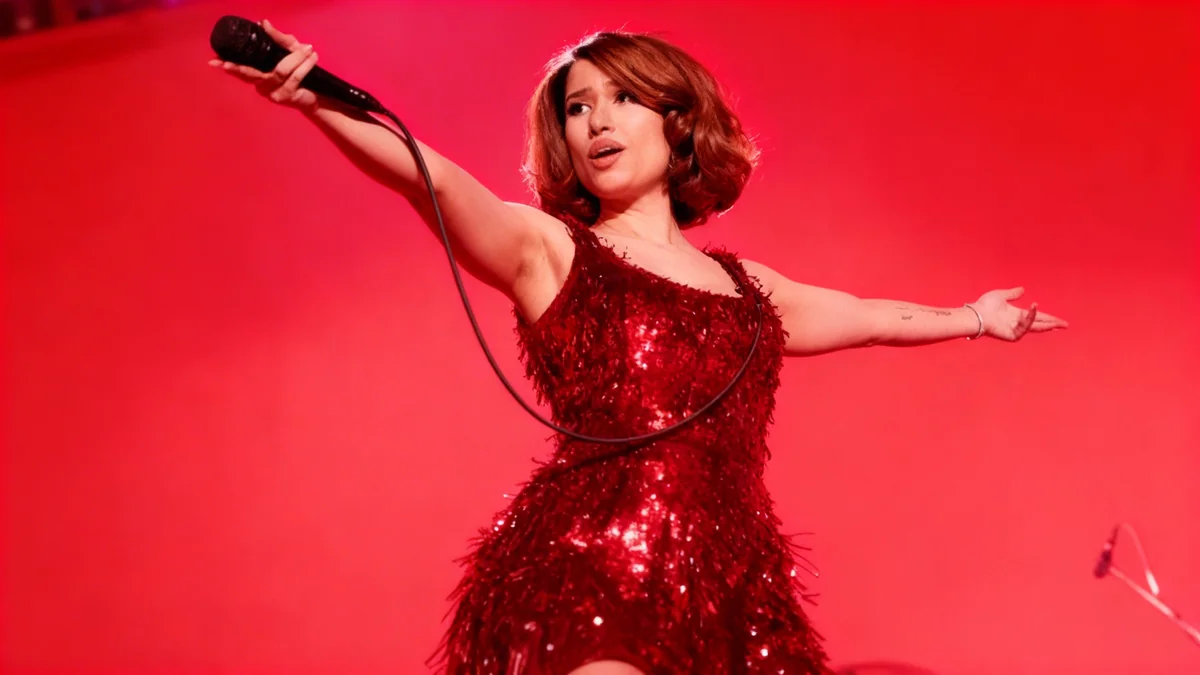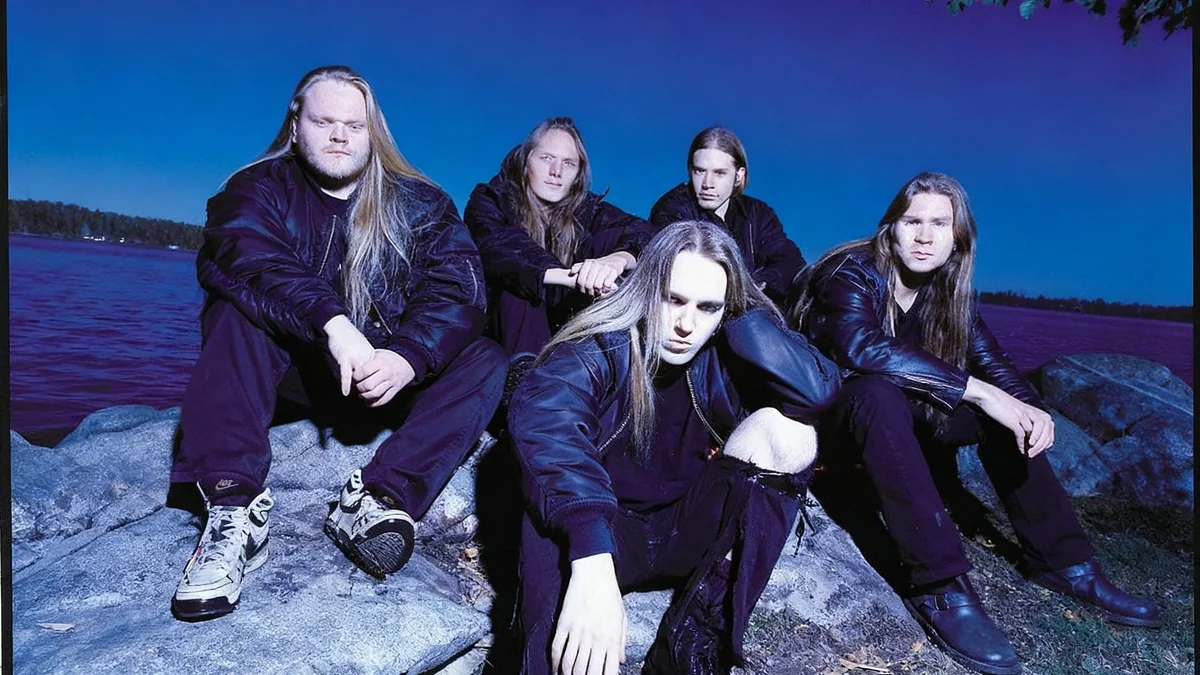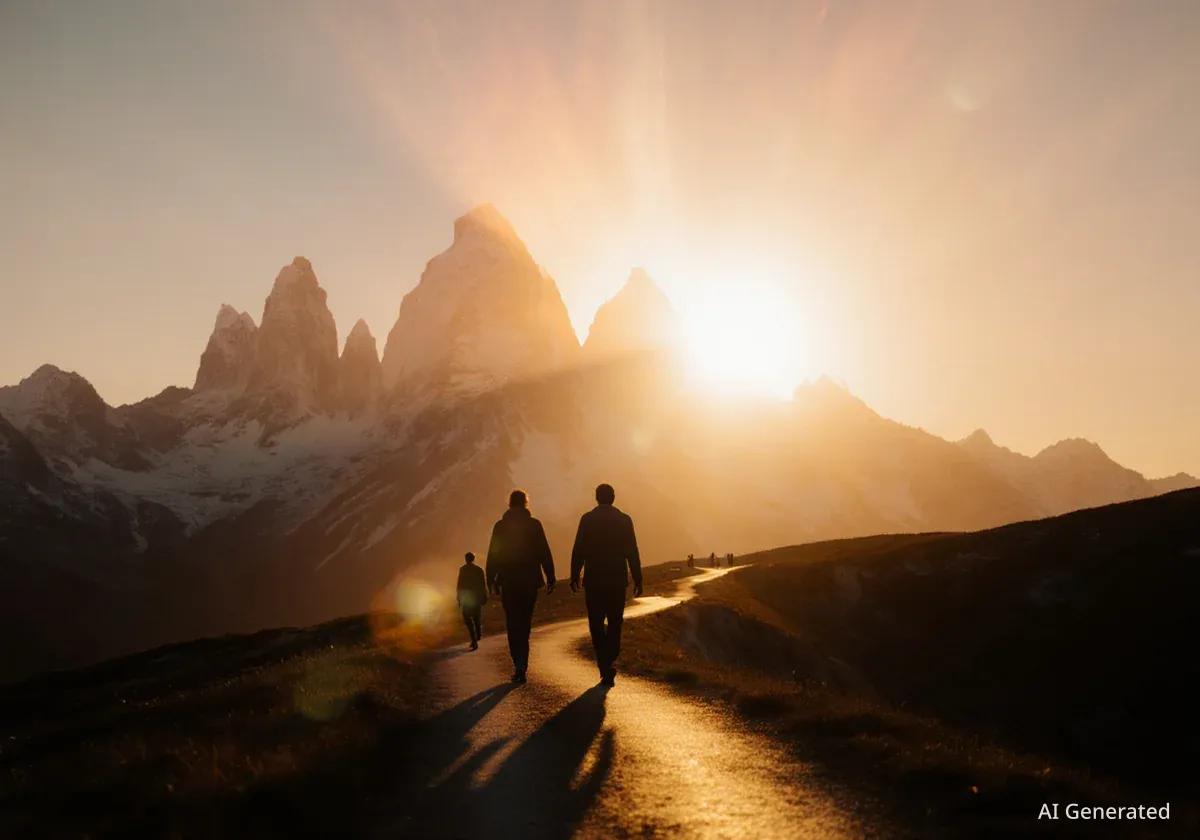In 1974, David Bowie revealed that he nearly brought former Beatles John Lennon and Paul McCartney together for a potential supergroup. This unexpected meeting took place in New York City, a period when Lennon was actively seeking new musical collaborations.
Bowie, who had recently moved to New York, met Lennon at a party hosted by Elizabeth Taylor. Their shared musical interests and mutual respect quickly led to a close bond.
Key Takeaways
- David Bowie nearly formed a trio with John Lennon and Paul McCartney in 1974.
- The meeting occurred at Bowie's suite in the Pierre Hotel around 3 AM.
- Lennon was in his 'Lost Weekend' period, actively seeking collaborations.
- The idea of a supergroup, possibly named 'DBB', was discussed but never materialized.
- Bowie and Lennon later collaborated on 'Fame' and 'Across the Universe'.
The Unexpected Midnight Visit
The encounter happened late one night at Bowie's suite in the Pierre Hotel. Bowie had been living there for several months, engrossed in making films with his new Sony video recorder. He often stayed up late, fueled by cocaine, to complete his creative projects.
Around 3 AM, a knock came at his door. Bowie recalled the moment, stating,
"About three in the morning, there's a knock on the door. And John was there and he had Paul with him. It was the two of them been out on the town for the evening."
Lennon, aware of Bowie's nocturnal habits, expected him to be awake. He entered with McCartney, eager to share the unexpected reunion. Bowie was surprised, believing it might have been the first time the two former Beatles had been together since their band's breakup.
Interesting Fact
John Lennon's 'Lost Weekend' was a 15-month period from early 1974 to mid-1975 when he separated from Yoko Ono. During this time, he divided his time between New York City and Los Angeles, engaging in various musical projects and social activities.
Lennon's 'Lost Weekend' and Desire for Collaboration
At the time of this meeting, John Lennon was in the middle of his 'Lost Weekend' phase. This period marked his separation from Yoko Ono. He spent his time between New York City and Los Angeles, often engaging in late-night activities and recording sessions. He was also working on his album of rock classic covers, titled 'Rock 'n' Roll'.
Lennon was open to new musical ventures. His previous meeting with Bowie had lasted until dawn, showing their strong creative connection. When he arrived with McCartney, he told Bowie, "You won't believe what I've got here!" He also indicated that the past issues between him and McCartney were "all gonna change."
Bowie observed a "strange thing" between Lennon and McCartney during their conversation. He noted "a little bit of distance every now and again," but recognized the significance of their reunion. It was a rare moment for the two legendary musicians.
The Idea of a Supergroup: DBB
As the three music icons talked late into the night, a remarkable idea emerged: they discussed forming a trio. Bowie recounted the conversation, stating they asked him "if I'd kind of join the two of them and become a trio with them."
They even considered a new name for the group. Bowie recalled,
"We'd change the name to something else: David Bowie and the Beatles. They liked the idea there’d be two — like, DBB. I think they wanted to call it DBB."
The concept of 'DBB' – David Bowie and the Beatles – represented a powerful musical combination. It offered the possibility of a unique sound, blending Bowie's innovative style with the songwriting prowess of Lennon and McCartney. However, despite the excitement of the late-night discussion, the plan never progressed.
Background on Bowie and Lennon's Relationship
David Bowie considered John Lennon a major influence on his musical life. He praised Lennon as "the very best of what could be done with rock and roll, and also ideas." This deep respect formed the foundation of their friendship and later collaborations.
The Aftermath: Separate Collaborations
The morning after the proposed supergroup discussion, the idea faded. Bowie concluded, "The next morning, it just never came to anything." The dream of a trio with Lennon and McCartney did not materialize.
Despite this, Bowie and Lennon did collaborate shortly after. They recorded a cover of The Beatles' 1968 song "Across the Universe." They also co-wrote the hit song "Fame." Both tracks appeared on Bowie's 1975 album, 'Young Americans'.
- "Fame" became Bowie's first number one song in America.
- The song was released as the second single from the 'Young Americans' album.
Lennon was actively collaborating with other musicians during this period. He and Yoko Ono performed with Frank Zappa and the Mothers. In 1974, before his sessions with Bowie, Lennon also featured Elton John on his hit song "Whatever Gets You Thru the Night." This song became Lennon's only solo number one hit in the US during his lifetime.
Lennon's openness to new musical partnerships made the proposed collaboration with McCartney seem plausible. However, the full reunion that fans hoped for, and that Bowie almost facilitated, ultimately did not happen.
Other Notable Lennon Collaborations in 1974
John Lennon's 'Lost Weekend' was a period of intense musical activity and collaboration. He worked with several artists, exploring new sounds and expanding his creative reach.
- Elton John: Elton John played piano and sang backing vocals on Lennon's "Whatever Gets You Thru the Night." This song, from Lennon's 'Walls and Bridges' album, topped the charts.
- Harry Nilsson: Lennon produced Nilsson's 'Pussy Cats' album during his time in Los Angeles. This collaboration was known for its lively, sometimes chaotic, recording sessions.
- David Bowie: Beyond the potential trio, their direct collaborations resulted in significant hits. "Fame" remains one of Bowie's most iconic songs.
These collaborations highlight Lennon's desire to work with other artists during this phase of his career. The possibility of reuniting with McCartney, even for a brief project, fit into this pattern of seeking fresh musical connections.
Ultimately, while the 'DBB' supergroup remained a fascinating "pipe dream," the individual collaborations that stemmed from this era left a lasting impact on music history.
